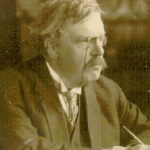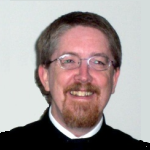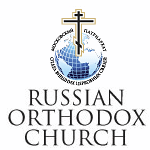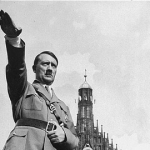Deprecated: trim(): Passing null to parameter #1 ($string) of type string is deprecated in
/home/aoiusa/public_html/wp-content/plugins/sexybookmarks/public.php on line
388
Deprecated: trim(): Passing null to parameter #1 ($string) of type string is deprecated in
/home/aoiusa/public_html/wp-content/plugins/sexybookmarks/public.php on line
394
Deprecated: trim(): Passing null to parameter #1 ($string) of type string is deprecated in
/home/aoiusa/public_html/wp-content/plugins/sexybookmarks/public.php on line
400
What happened to Christians under the Nazi Regime? The traditionalists went to concentration camps, many fell away and adopted the Nazi neo-paganism, and some clergy actively supported the Third Reich. From the essay:
[T]he persecution of the Church was camouflaged as “positive Christianity,” which claimed through the use of quotations from the Bible to be fulfilling God’s commandments: “They thus built up an enormous propaganda-machine, which resulted in a general inflation of values, because it sanctified anything it wanted to, so that finally nothing remained sacred” (p. 98). Only then did the full persecution come.
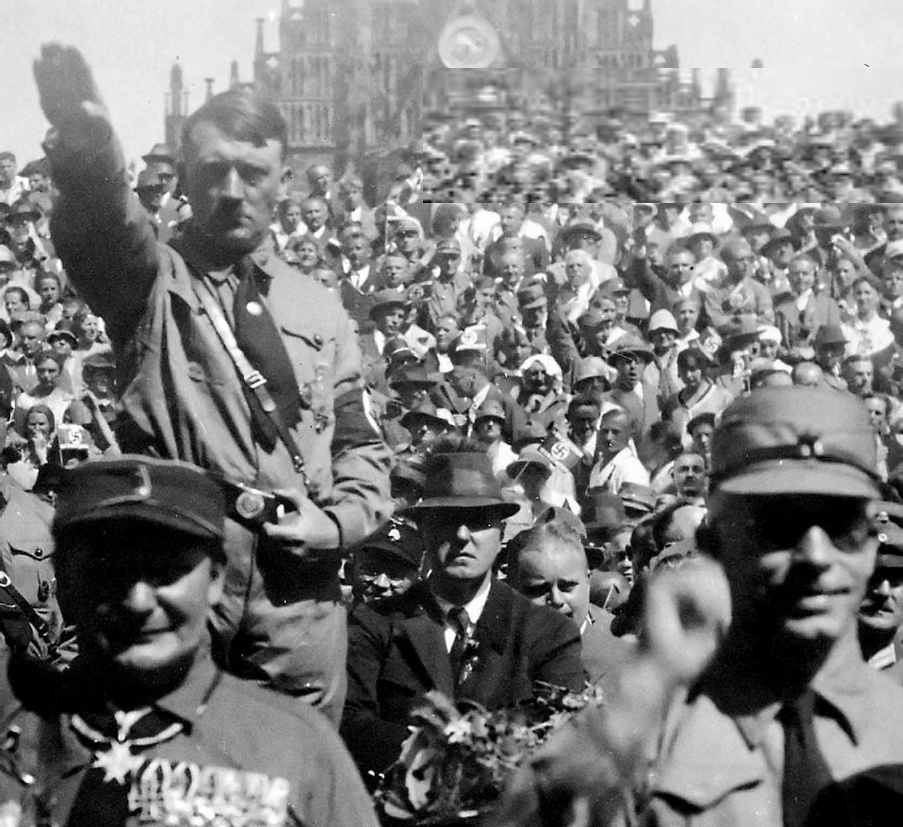
Source: The Living Church | Leander S. Harding
Man’s Disorder and God’s Design, published by Harper and Brothers in 1948, is a remarkable collection of essays prepared for the first assembly of the World Council of Churches at Amsterdam. The authors include some of the most respected theological voices of the 20th century: Karl Barth, H. Richard Niebuhr, George Florovsky, Gustaf Aulén, and Lesslie Newbigin. Sober reflection on what European churches learned from Nazi persecution and the war years is a dominant theme in the book.
A powerful section, “The Shame and the Glory of the Church,” provides one of the most moving accounts of Church life which I have ever read, written by Edmund Schlink, who was a professor of systematic theology at Heidelberg. This essay on the life of the Church under Hitler speaks, as the editors say, “for the Church upon whom fell the first and the hardest part of the struggle to manifest God’s glory amidst man’s disorder” (p. 77).
Schlink reminds us that at first the persecution of the Church was camouflaged as “positive Christianity,” which claimed through the use of quotations from the Bible to be fulfilling God’s commandments: “They thus built up an enormous propaganda-machine, which resulted in a general inflation of values, because it sanctified anything it wanted to, so that finally nothing remained sacred” (p. 98). Only then did the full persecution come. The Nazis shut down the Church’s influence on public life, banned the printing of Bibles and hymnbooks, prohibited large Church assemblies, and pressured men and young people to join the party. Theological faculties atrophied, hundreds of evangelical pastors and Roman Catholic priests were sent to the camps, some to suffer martyrdom, and “even the women and children who went to church were watched” (p. 98).
Schlink reports that there was a great falling-off among Christians. Many people became ashamed of the name of Christ and stopped attending church. Some preferred the neo-pagan ceremonies offered by the state to baptism and marriage in the Church. “Families were torn asunder: children denounced their parents, husbands opposed their wives, brothers and sisters took opposite sides in the cleavage between faith and error. Love grew cold in many hearts. Its place was taken by delusions and hardness of heart” (p. 98). The defections reached into the clergy: “Many became preachers of the anti-Christian myth and entered the service of the Nazis to replace the loyal pastors and church leaders that had been deprived of office. Many became false teachers and then persecutors of the Church” (p. 98).
For Schlink, even more stunning than the apostasy was “the way in which it was usually taken for granted with an easy conscience. When the Nazi philosophy began to influence Christians, many of them did not even notice that this Nazi talk about ‘the Almighty’ and His ‘providence’ had nothing to do with the Living God, the Father of our Lord Jesus Christ, but that it was directly opposed to Him. … It became evident that people were not all that clear about Christian teaching. In many churches, even before the Nazi regime, preaching had become an arbitrary religious explanation of personal destiny and world events. Otherwise, when the crucial moment came, it would have been impossible for a man of our own time to gain such an ascendancy and for him, with his personal philosophy, to become the object of such widespread faith and hope” (p. 99).
The German Church’s accommodation of the Nazi regime reveals an appalling failure of basic Christian preaching and teaching. In Schlink’s understanding the failure of the churches was not so much caused by the persecution as revealed by it. “The forces outside the church showed up what was real in the life of these churches, and what was only an empty shell” (p. 100).
By God’s grace an astonishing renewal of the Church occurred as well. “The renewal began when the Church recognized the enemy’s attack as the hand of God … and when resistance to injustice became at the same time an act of repentance and of submission to the mighty hand of God” (p. 100). As the contrast with anti-Christian propaganda became more intense “the Church’s ears were re-opened to the Word of God. … But at the same time God’s Word challenged us, questioned the reality of our own religion, and forced us to recognize God simply and solely in His Word. Under the attack of neo-paganism, but especially through the power of God’s Word, its promises, and its demands, our usual attempts to see God’s revelation in other historical events and forms, ideas and words, save in the historic event of God’s revelation in Jesus Christ, completely broke down. … Jesus Christ, the Word made flesh, was recognized and acclaimed afresh as the sole Word of God” (p. 100).
One consequence of this sifting was the emergence of a strong Bible movement in the German Church carrying through into the post-war years. There also emerged a new feeling for the sacraments of the Church. Before the war, Communion services were infrequent and the number of communicants small. “People gathered afresh around the sacraments. The number of communion services and communicants increased. In the midst of all the tribulation and distress there awakened a new longing for the concrete, personal experience of receiving the body and the blood of the Incarnate Son of God Who has given Himself for us. … These communion services echoed the joy of the early Christians, to whom the body and blood of Christ were objects of the greatest joy and praise” (p. 101).
There were other signs of renewal. Schlink reports that under the persecution there emerged a great sense that the Church was the fellowship of those who confess and bear witness to the lordship of Christ. The term brother came very naturally into common use again as Christians discovered their solidarity across denominational lines. The liturgy was reshaped so that common prayers for those exiled and imprisoned were a more prominent feature. There was greater attentiveness to saying the creeds and ancient prayers which expressed the identification of the people with the Church of the ages. “Through these prayers we realized that across all distances and even across the war-fronts, we were one people with the worshippers in all nations” (p. 102).
The clergy experienced renewal. There was a new focus on the preaching of the Gospel and the administration of the sacraments as the chief work of the clergy, “which takes precedence over all other tasks. But it became especially clear that the Church cannot be led by anything but the voice of the Good Shepherd, as preached in the Word of God” (p. 102). There was a renewal in lay ministry. “Many elders then began to understand their task in a new way as that of watchmen. Many who had only listened to the Word before, now came forward to read to the congregation, or to give their own exposition of a passage of scripture. Many, who had never thought of doing so before, accompanied bereaved persons to the cemetery, so that the body should not be laid in the earth without a reading from scripture and a prayer. In addition to the old office of deacon, new duties were assumed; readers, catechists, both men and women, undertook the care of the poor and pastoral work, while young people taught the children” (p. 103). There was a new recognition that ordinary people in the daily work in factory, school and the military were presented with both the challenge and peril of Christian ministry and witness. “Hesitatingly, but with growing confidence, the Church in the Third Reich began to proclaim that in every sphere of life we owe obedience to God in Christ, proclaiming its message in the face of the world and helping the persecuted” (p. 104).
And then comes the stunning conclusion to Professor Schlink’s report. “All of this proved that the Church can only help, in the middle of the disorder of the world, by really being the Church. Its most important duty to the world consists in allowing itself to be re-made by the Word of God. When the Church derives its life solely from the Word of God made flesh, the witness of that word within the Church is bound to have effect in saving and bringing order into the world around. But if the Church bears witness to something other than this Lord, however well intentioned its advice, warning, help and sacrifice may be, it will only increase the disorder of the world” (p. 104).
In a time when the disorder of humankind asserts itself both in the Church and the world and the Church is again being sifted and sorted, albeit not as fiercely as under the Nazis, what can we say upon hearing this testimony of the German Church to us except amen and please God grant us their repentance and renewal.
The Rev. Leander S. Harding is dean of church relations and seminary advancement and associate professor of pastoral theology at Trinity School for Ministry.

 Charles Colson died today. He was 80 years old. I first met Colson at a conference at Washington, DC and was struck by his magnanimous character and intelligence. Everyone knows his story. Colson was a ruthless political operative in the Nixon administration, got caught up in the Watergate imbroglio during the Nixon administration and went to jail.
Charles Colson died today. He was 80 years old. I first met Colson at a conference at Washington, DC and was struck by his magnanimous character and intelligence. Everyone knows his story. Colson was a ruthless political operative in the Nixon administration, got caught up in the Watergate imbroglio during the Nixon administration and went to jail. 
